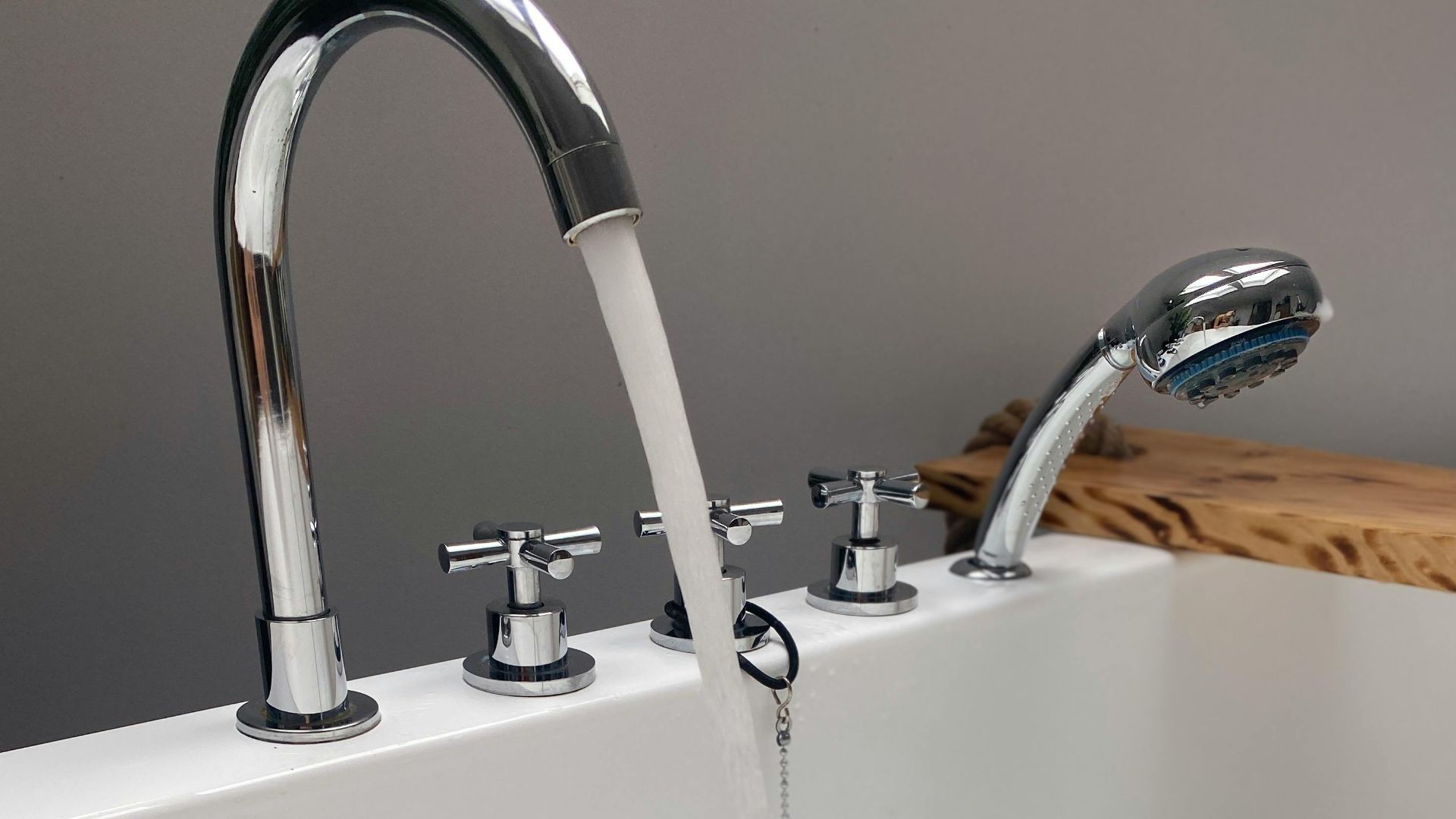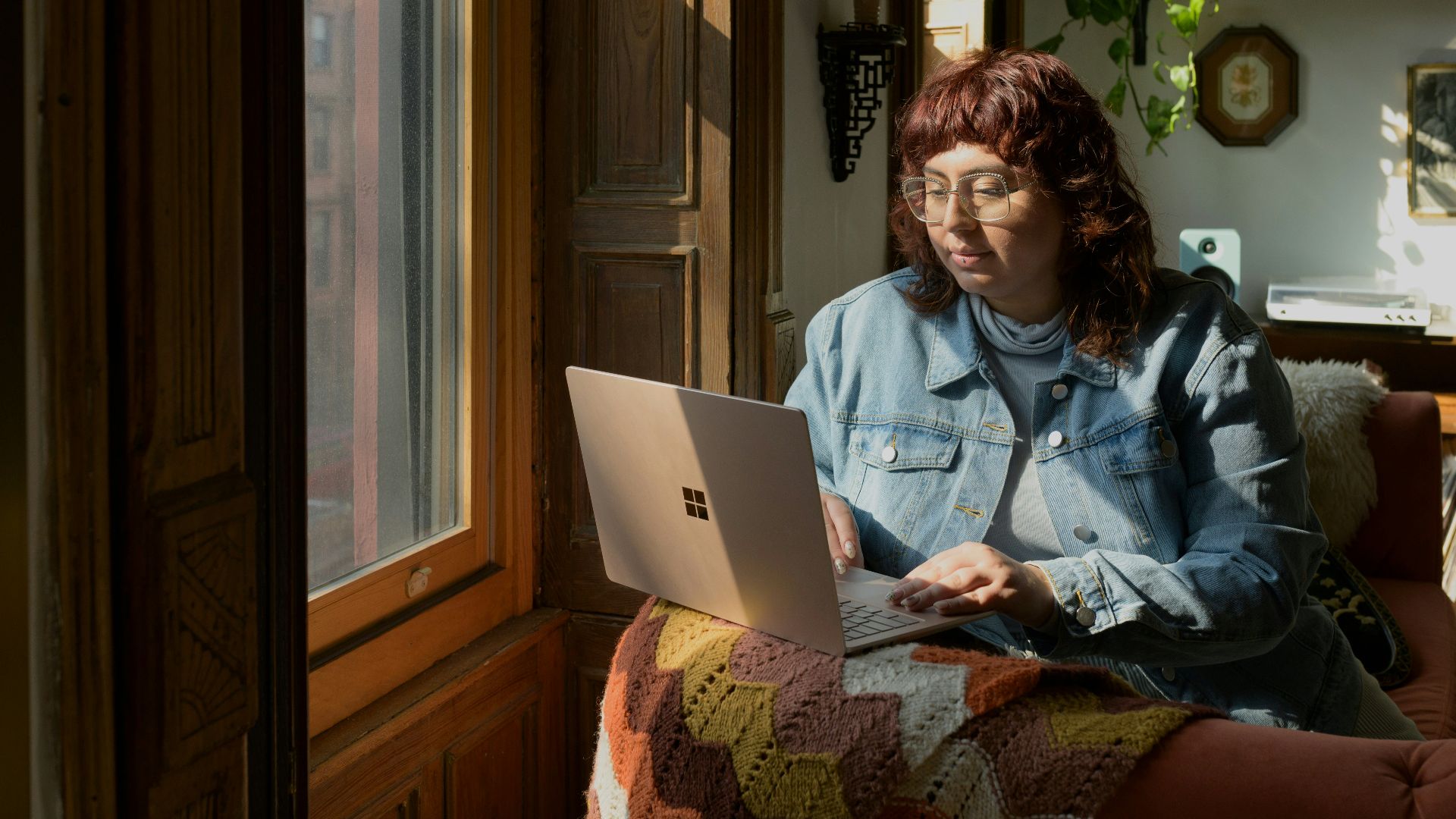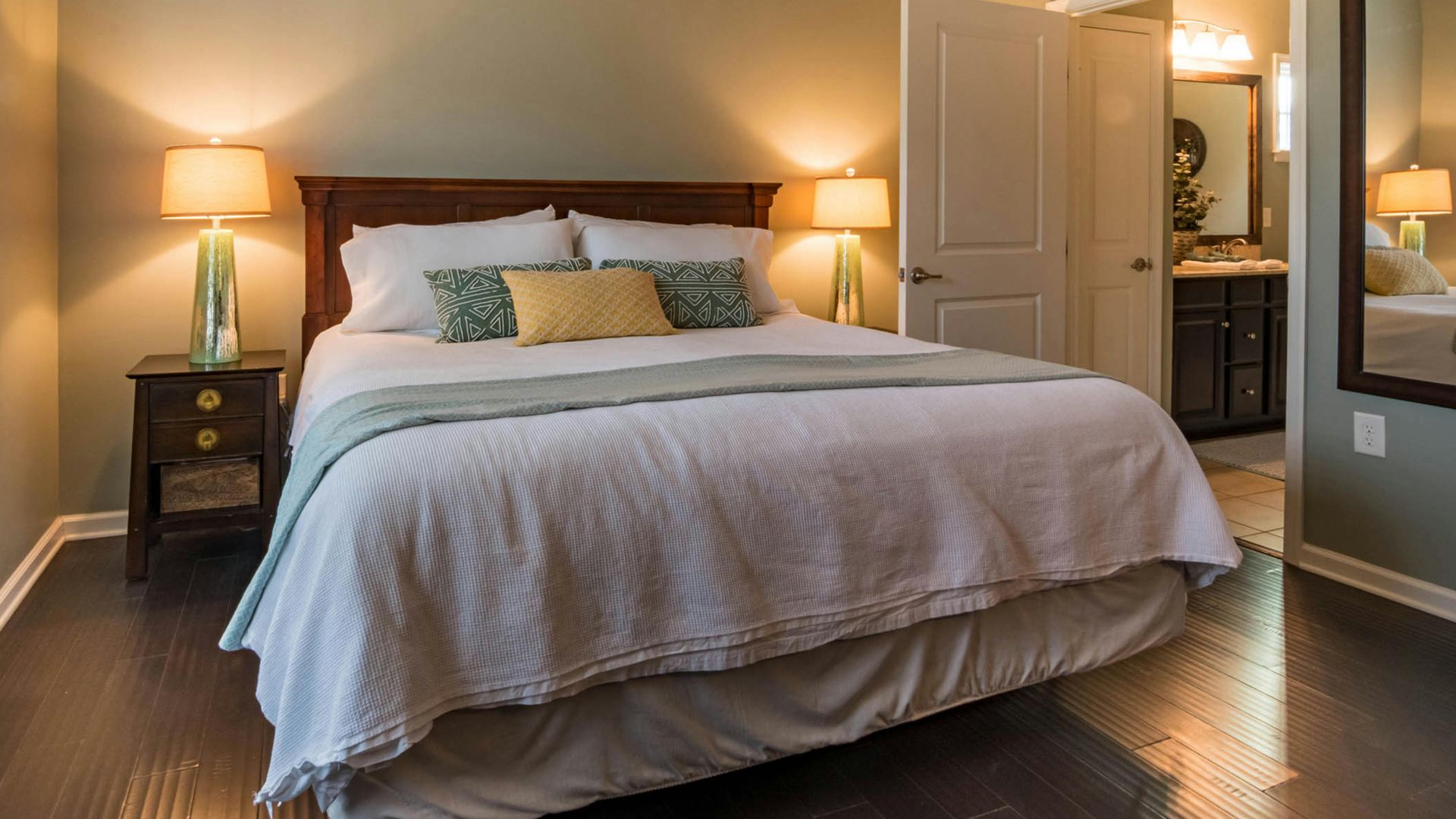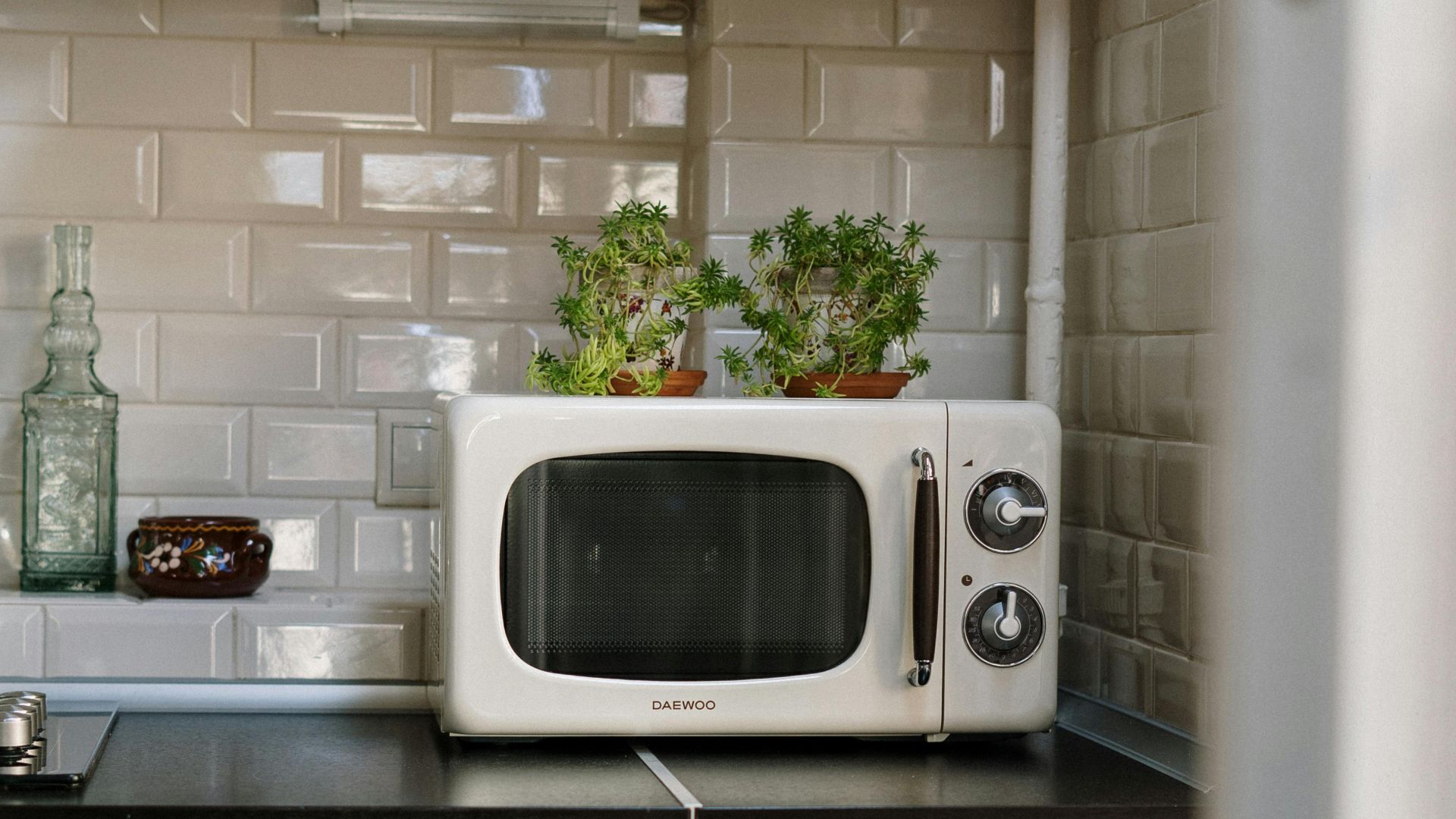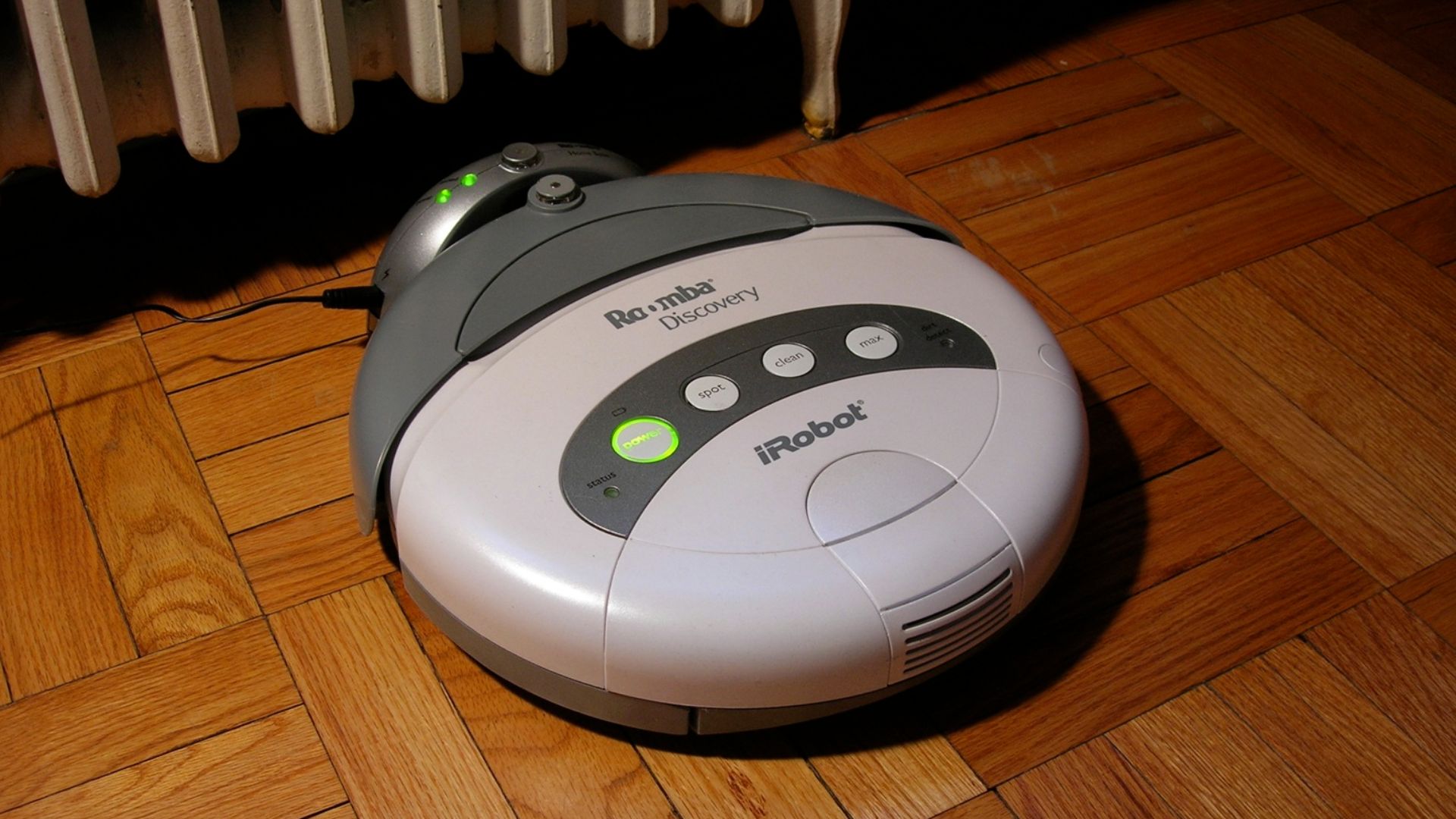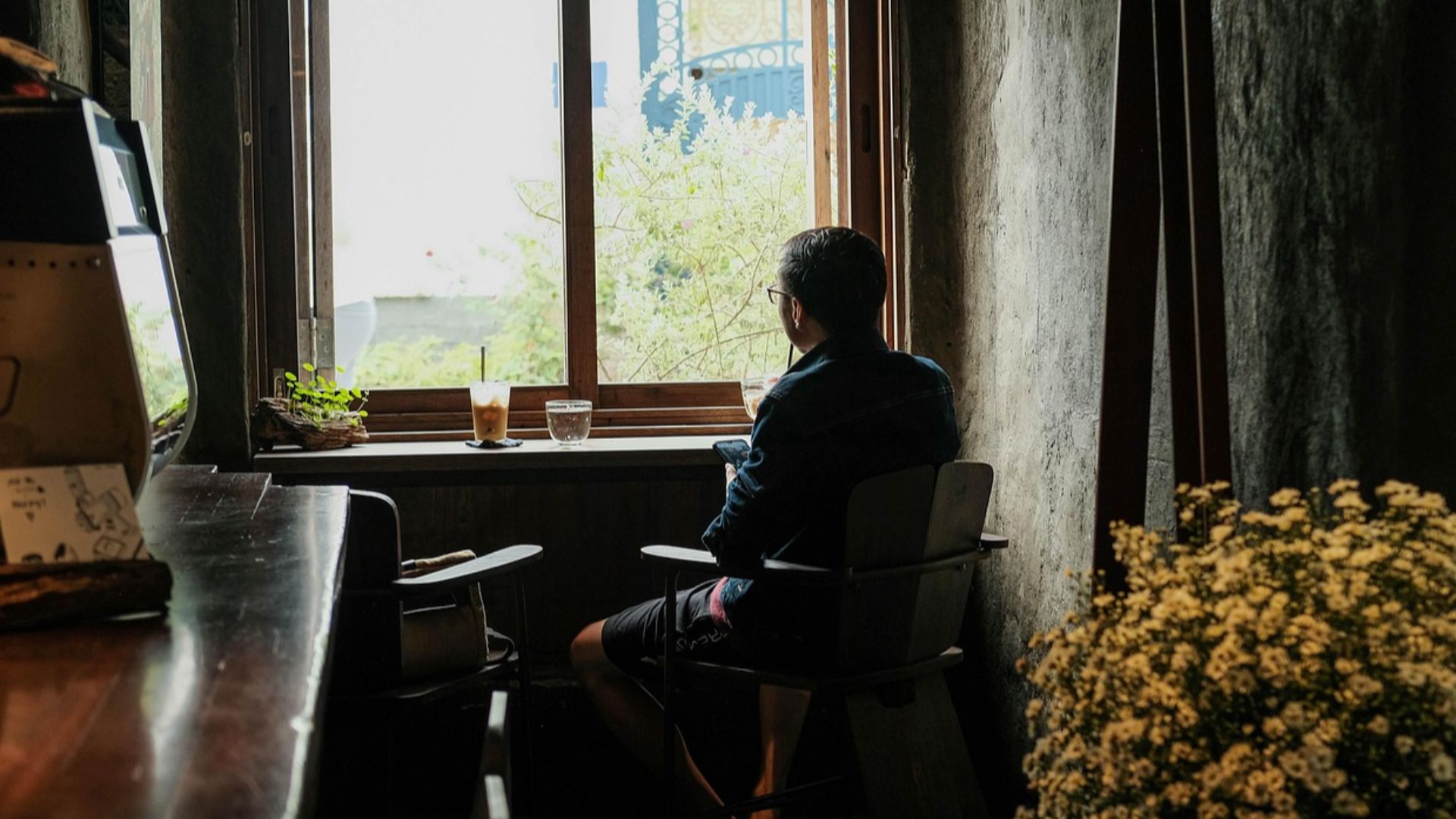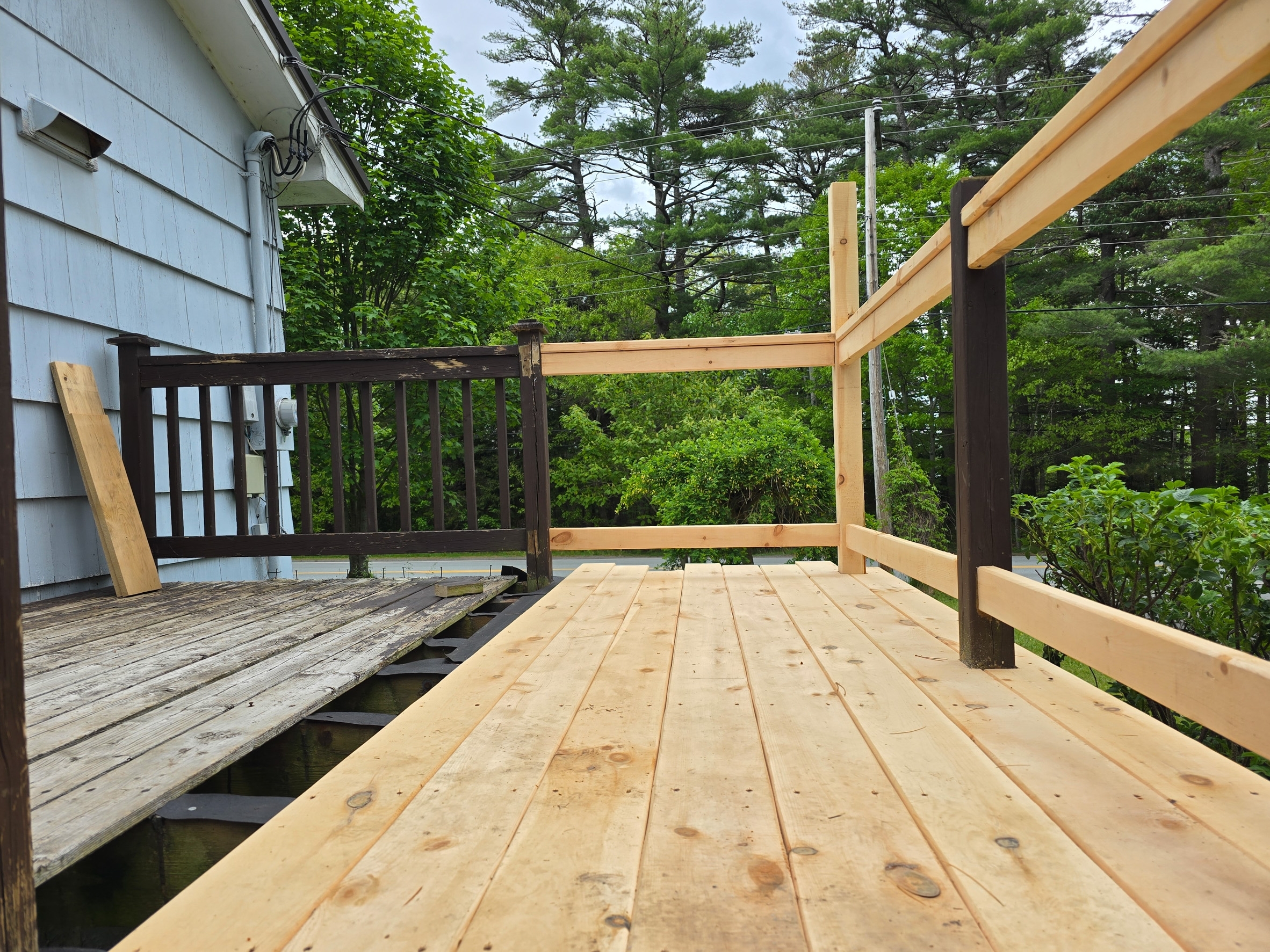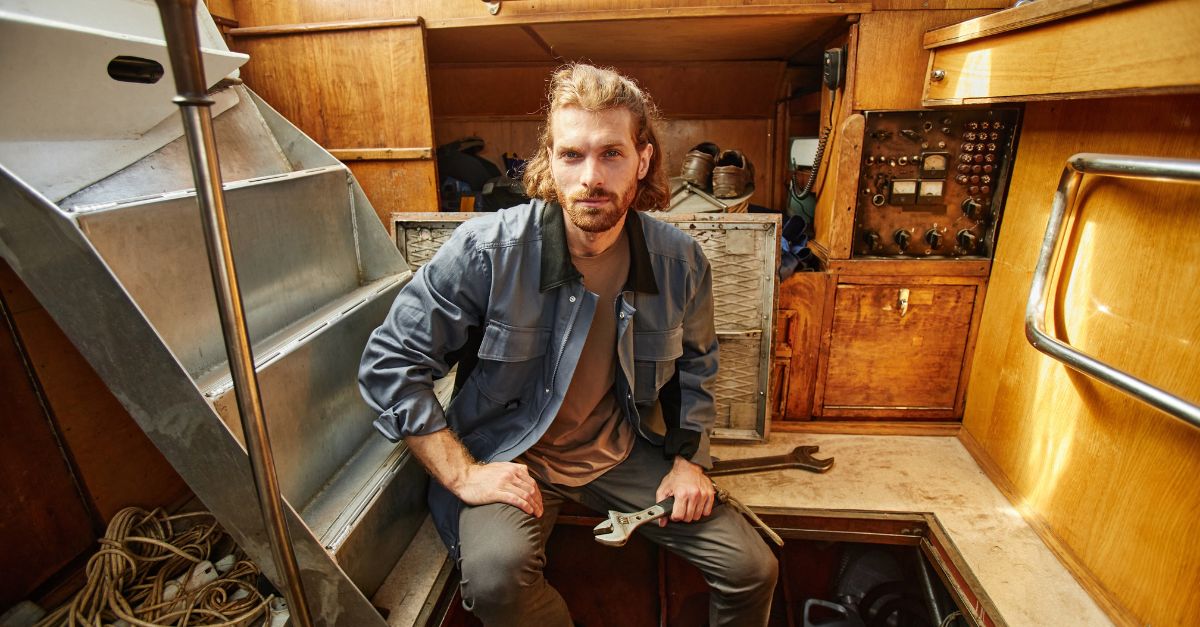Still Living With Your Folks As An Adult? Here's How To Get Out On Your Own
We understand that this economy is tough, and people wind up back home with their parents for various reasons. Even if you're working a 9-to-5 job, it can still be tough to make ends meet and get by. Perhaps that's why many millennials are still living at home. But maybe the dynamic with your parents isn't particularly healthy, or maybe it's just time for you to try again at living alone. Let's ensure you've got the financial clout and wherewithal to do just that. Here's our guide.

Work Out How Much Money You Make At Your Current Job Each Month
Of course, before you buy furniture and rent an apartment somewhere, you'll need to figure out what you can afford. Calculate how much money you earn at your current job by looking at your pay stubs. Use this figure as your absolute maximum—this is much easier if you have a salaried position, as your income is relatively stable.
 Photo By: Kaboompics.com, Pexels
Photo By: Kaboompics.com, Pexels
Things To Consider When Building A Budget For Housing
Building a housing budget doesn't just consist of your rent, unless you're living in a (usually more expensive) all-inclusive apartment complex. There are electricity bills, water bills, damage deposits, possibly first and last month's rent to get together, along with any additions for things like shared internet, strata fees, and so on. Let's explore each in more detail.
Utility Bills
In the United States, the average utility bill for a one-bedroom apartment is between $60 and $100 per month. There are many energy companies out there to choose from, although most have a monopoly state-wide, with one or two other competitors. Explore your options wisely.
Water Bills
While water is usually included in most apartment rentals, if you're unlucky enough to find your name on a water bill for your new apartment, you'll have to include that in your budget. Hopefully you won't have to worry about this, but if you do, you can save money on your water bills by discussing with your landlord whether you could install a low-flow showerhead.
Look Into Tenant Insurance
As a renter, most landlords will insist that you purchase tenant insurance that covers your items in the event of a fire, flood, or other catastrophe that causes you to lose your apartment. The average cost of tenant insurance in the United States is about $15/month.
Your Damage Deposit
Damage deposits are something that almost nobody thinks about when they're looking to rent a space, but they can eat your savings alive. They're usually one month's rent on top of your existing first month's rent. The good news is, you get the deposit back at the end of your tenure. Bad news? It's a lot of money upfront.
 Photo By: Kaboompics.com, Pexels
Photo By: Kaboompics.com, Pexels
Begin Searching For Accommodations
When it comes to accommodations, you'll likely look at renting somewhere first. This can be a great option for those looking to move out on their own, especially if you're looking to move away from your folks and to an affordable city.
City Or Country? Does It Depend On Your Job?
If you've got the savings for it, why not move to somewhere a bit more populated? Of course, this means you'll pay more for housing, but you'll be somewhere with plenty to do. You may need to request a job transfer (if you're with a company that does that), or it may be time for you to find a new job.
Could You Find New Work Online?
Do you work in a field that has opportunities to find work online? If so, if you don't want to move too far away from your aging parents, you could find yourself a relatively inexpensive room rental or a small apartment and continue to work remotely. If you can work remotely, there's a possibility that you can get part of your internet bill as a tax write-off.
Decide Whether You Want To Live With Others Or By Yourself
If you've been looking for accommodations for a while but haven't been able to find anything adequate, it might be time to consider living with others. This might not be entirely easy as an older person, but consider the benefits of living with roommates.
Roommates Will Mean Less Expenses & More Friends
In general, getting a roommate (or roommates) will mean that you'll spend less overall every month, as the cost of everything in the apartment or house will be split between you and your roommate(s). You'll also likely make friends for life!
How Much Should You Budget For Accommodations?
Budgeting for accommodations can be tough. Obviously, you don't want to lock yourself into a year-long lease for a place that you hate and has a bunch of serious problems that you have to put up with. On the flip side, you have to live somewhere (that's not your parents' house). Most financial experts say that no more than 30% of your income should go towards housing. In reality, you'll probably spend about 45%.
Build A Budget For Everything Else
Alongside your housing costs, you'll also have to eat healthy(ish) food and buy new clothes and make purchases for the space, like a desk, couch, TV, etc. Moving into your first apartment will be an expensive endeavor.
 Photo By: Kaboompics.com, Pexels
Photo By: Kaboompics.com, Pexels
The Budget Breakdown
Of course, your budget is going to be highly specific to you and your needs and spending habits. However, in general, it's anticipated that you'll spend about 45% of your money on rent and utilities. A further 15% goes to food, 5% will go toward debt repayments, 5% will be savings, and then just 2.5% on clothing and medical expenses.
Build A Budget For Your First Month, Then Revisit
Your first month in any new space is going to be more expensive than the months ahead—you're still getting things set up, you have a list of things you forgot to buy, and you're starting to figure out just how expensive groceries are. Once you're through your first month in your new space, revisit your budget.
 Photo By: Kaboompics.com, Pexels
Photo By: Kaboompics.com, Pexels
Try A Zero-Based Budget
Zero-based budgeting is a form of budgeting where your income minus your expenses each month equals $0. This is useful for teaching you the habit of being intentional with your money and giving every dollar a purpose.
 Photo By: Kaboompics.com, Pexels
Photo By: Kaboompics.com, Pexels
Moving Out As A Fresh Start
You could look at moving out as a fresh start. Even if you've got a 9-to-5 and a relatively stable income source, take your newfound freedom as a way to upgrade your qualifications, apply for a new job, and generally make a fresh start in life.
Ways To Increase Your Income Each Month
If you're finding the first few months of living on your own a tough slog, good! It's supposed to be difficult. If you're struggling to afford a few basics, though, you might consider finding ways to increase your monthly income on top of your regular 9-to-5 gig.
 Photo By: Kaboompics.com, Pexels
Photo By: Kaboompics.com, Pexels
Drive For Uber/Lyft
If you've got a spare few hours in the evening, you should consider driving for Uber/Lyft or another online taxi service. On average, Uber drivers in busy American centers can make between $200 and $500/week. That's a huge chunk of change at the end of each month!
Work The Night Shift At A Second Job
The "graveyard shift," as it were, isn't exactly very romantic, and you'll often be bored to tears. However, it can be a good part-time job for those with free evenings during the week, and net you a few hundred dollars more per month.
Look Into Going Back To School
One of the ways that you could bolster your income (eventually) is to go back to school. If you're not yet at the top of your profession, or want to explore another profession entirely, then consider going back to school. Even if you're renting your own apartment as an adult student, you could still qualify for student loans or grants and bursaries to assist with the cost of schooling. If you've had a particular passion that's taken a backseat to make ends meet, now's the time to pursue it with a vengeance.
Build Up An Emergency Fund
One of the most important things you'll do is to build up an emergency fund. This emergency fund is to be your safeguard when unexpected financial emergencies come up—unexpected car repairs, a job loss, a medical emergency which means you have to take time off work. Most financial experts will tell you to set aside 3-6 months' worth of expenses in your emergency fund.
Save $1,000 First
Your first step to building up that emergency fund is to save $1,000. With your side hustle, you should be able to do this in about a month's time. Sell things if you have to, take that second job ASAP, rather than waiting on it. Save up $1,000 as fast as you can. This is your first buffer zone.
 ANTONI SHKRABA production, Pexels
ANTONI SHKRABA production, Pexels
Shore It Up With Extra Cash
Once you've saved $1,000, shore it up with any extra cash from your side hustle and create a three- to six-month emergency fund. Simply take your fixed expenses and multiply them by three or six to get a figure of how much you'll need for a fully-funded emergency fund.
Pay Down Your High-Interest Debts
Maybe living at home caused you to become a little complacent. A little too liberal with your credit card, perhaps? If so, and you've amassed a small mountain of credit card debt, now is the time to begin paying it off. You can use many methods to pay off high-interest debts—one method financial advisors suggest is the debt snowball method.
Paying Off Debts With The Debt Snowball
Using the debt snowball method, you list your debts by their interest, from highest to lowest. Once you pay off the highest-interest debt, roll those savings into your next highest-interest debt and so on, until you have all your debts paid off. Once you're living a debt-free life, it will be a lot easier to manage your expenses.
Make Your Home Feel Like A Home
Armed with some better savings, you can hopefully start making your home feel like a home. Buy gently used items off Facebook Marketplace or Craigslist to save money. This is a fine strategy for things like couches or hard furnishings, but there are some things you simply don't want to buy used.
Mattresses, Pillows, & Bedding
This almost goes without saying, but if 2020 taught us anything, it's that people's germs live on everything. This is especially true of where they sleep. Under no circumstances should you buy any used bedding, pillows, or mattresses.
Large Appliances
In general, buying any sort of large appliance used from someone could be a recipe for disaster. Not only are used appliances expensive, they could also be riddled with problems that you know nothing about. You definitely don't want your $150 microwave oven going up in smoke just two weeks after you bought it.
Pots & Pans
Most pots and pans that you'll come across are riddled with scratches. These can leach toxic chemicals into your food and into your body. Instead of buying used pots and pans, wait for some to come on sale at local stores. You could also catch Prime Day sales on Amazon.
Vacuums
You'll likely be responsible for vacuuming your new apartment. You could always buy a robotic vacuum like a Roomba to do it for you. Whatever you do, don't buy a used vacuum. Someone else's hair, dust, and possible pet allergens clogging up your "brand new" vacuum? Gross. Spend the money and buy a good (new) vacuum.
Once You've Found A Place, Focus On The Future
Once you've found a place you can afford with people you get along with, or by yourself or with your significant other, then it's time to focus on the future. Forget that you spent far more time at home than everyone else you know; you're now living completely independently. It's your time to thrive.
You May Also Like:
I refused to pay for my kids' college tuition. Have I ruined my relationship with them?
22 Best Buys To Target At Estate Sales & 22 To Avoid




